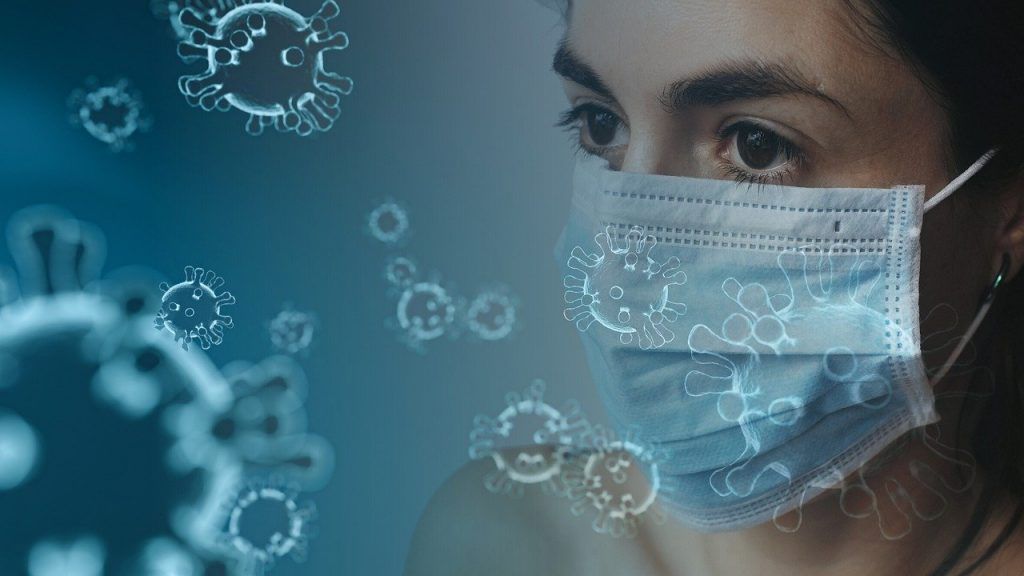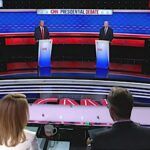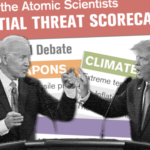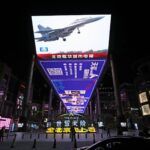To vote or to wait: The epidemic and the elections
By Dan Drollette Jr | March 17, 2020
 Image courtesy of Pixabay
Image courtesy of Pixabay
Surgeries have been canceled. Broadway theaters are closed, cinemas empty. Museums, schools, colleges, universities, and libraries have shut down. The tourism industry is crashing, as airlines seek billions of dollars in aid. Some local governments have announced that their offices will be shut for the next two weeks. Vast numbers of people are now working remotely instead of face-to-face. You can’t even drink a cup of coffee inside a Dunkin Donuts or a Starbucks (though you can take it to go or via their drive-throughs—as long as you use one of their disposable cups instead of refilling your own mug from home).
And now, the novel coronavirus is disrupting yet another facet of American life: elections. Or, to be more precise, our political campaigns, debates, rallies, and primaries.
The reasons are the same: The need for social distancing, in order to contain the epidemic.
As The Atlantic noted in an article on Saturday, March 14: “Three days from now [March 17], millions of voters in Arizona, Illinois, Florida … will grasp the same door handles, drag their fingers across the same touch-screen voting machines, and wait in long lines with dozens of other people.” And all of these states have reported cases of the coronavirus—meaning that these mass gatherings of human beings could become prime places for spread of the disease. As of this writing, these primaries are still scheduled to go as planned; “We’re definitely voting,” Florida’s governor, Ron DeSantis, told the press last Friday. “They voted during the Civil War. We’re going to vote.”
But despite Florida’s preparations to deal with the virus—including “gallons of rubbing alcohol,” 400 bars of soap, and 4,000 rolls of paper towels for Broward County alone, election officials told NBCMiami—that may not be enough to ensure that polling places are safe for voters and poll workers. After all, the Centers for Disease Control says that even more important than disinfected surfaces is the actual physical distance between people—which they recommend should be more than six feet.
“It’s tough to stay apart when you’re standing in line,” said Crystal Watson of the Johns Hopkins Center for Health Security to The Atlantic.
The problem isn’t just limited to the polling booth. To limit the chance of supporters catching the disease, Joe Biden and Bernie Sanders have taken to so-called “virtual campaigns,” as has President Trump, The Hill reports. On Sunday, the two Democratic contenders had their one-on-one presidential debate in a television studio in Washington, D.C., with no audience members present, and no journalists. And due to the disease, they did not shake hands but instead bumped elbows.
The electoral effect of the coronavirus is unclear; some pundits expect that Trump and Sanders will be particularly hurt, as they lean heavily on what The Hill calls “raucous and crowded rallies to help fuel their campaigns.”
Georgia and Louisiana, which were set to vote on March 24 and April 4, have already pushed their primaries back several weeks; some political observers have called for delaying all the remaining primaries. Ohio’s governor announced a lawsuit on Monday afternoon to suspend its March 17 primary and instead have voters mail in absentee ballots, with no in-person voting allowed until June 2.
Perhaps an article called “The Coronavirus’s Real and Immediate Threat to Democracy,” published in (once again) The Atlantic sums things up best: “But if the coronavirus outbreak has demonstrated anything, it’s that these are not normal times, nor would any vote taking place anywhere in the world result in a normal election.”
Together, we make the world safer.
The Bulletin elevates expert voices above the noise. But as an independent nonprofit organization, our operations depend on the support of readers like you. Help us continue to deliver quality journalism that holds leaders accountable. Your support of our work at any level is important. In return, we promise our coverage will be understandable, influential, vigilant, solution-oriented, and fair-minded. Together we can make a difference.
Keywords: 2020 presidential election, Coronavirus, US politics, election interference, primaries
Topics: Analysis, Special Topics














